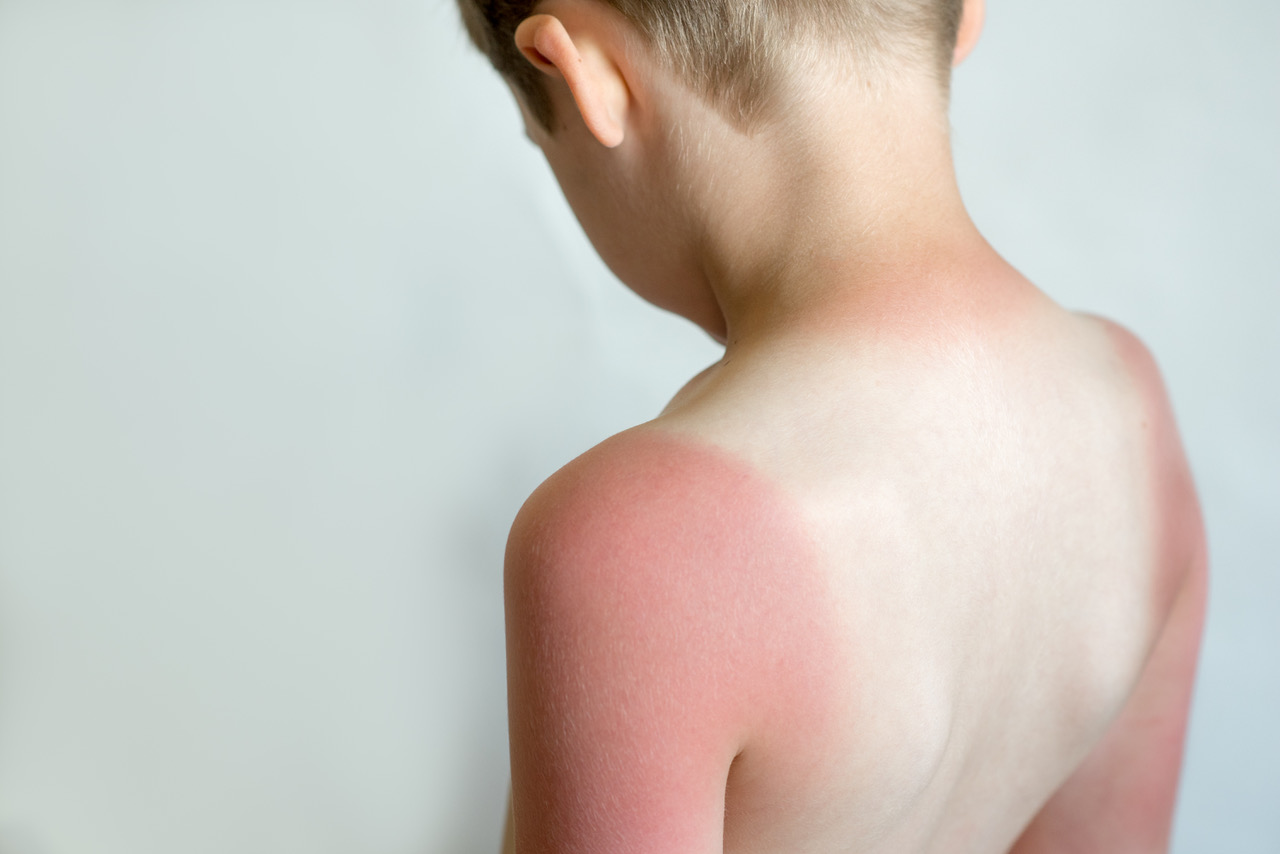Safety in Summer
This page contains tips and advice on how to keep your family safe in summer.
Keeping children and babies safe and cool in summer:
It’s important for children to spend time outdoors and be active, but in hot weather follow the suggestions below to avoid sunburn and overheating.
- Avoid being out in the sun between 11am to 3pm. This is the hottest part of the day.
- If you are out in the sun, try to stay in shade.
- Babies under 6 months should be kept out of direct sunlight, and older babies should stay in the shade as much as possible.
- Children can become dehydrated quickly. Make sure they drink plenty of liquids and watch them closely.
- Keep your child covered in light, loose clothing and a wide brimmed hat.
- Do not leave children in a car. They are at high risk of heat related illness even if windows are open.
Babies’ prams, travel systems and buggies should not be covered with blankets, cloths or any cover that prevents the air circulating. Covering a pram or buggy with a blanket could lead to overheating, which increases the chance of SIDS. Using a cover also creates a barrier between parent and baby, which is risky as parents won’t be able to see if their baby is having difficulties or monitor their temperature easily. We recommend attaching a clip on sunshade or parasol to a pram or buggy and checking if baby is getting too hot by feeling their chest or the back of their neck. Keep babies out of direct sunlight as much as possible.
For more information on summer safety for your baby visit the Lullaby Trust.
For more information please visit the NHS page on keeping your baby safe in the sun.
Sunburn and Suncream:
- Sun can harm the skin causing Sunburn.
- Apply a sunscreen with sun protection factor (SPF) of at least 30. Use a suncream which protects from both UVA and UVB rays.
- Apply sunscreen 15 to 20 minutes before going outside.
- Reapply sunscreen every two hours when outdoors and especially after swimming.

- Children’s skin is delicate and can be easily damaged by the sun, even when the sun does not seem strong.
- Sunburn makes the skin feel red, warm, sore and itchy.
- If the skin seems red and warm move quickly to shade or go indoors.
- Drink plenty of water to avoid dehydration.
- Taking a cool shower can help sore skin.
- Apply soothing after sun cream like aloe vera on sore skin.
- Paracetamol and Ibuprofen can be given to ease the pain of sore skin.
- Keep the skin covered with loose clothing and do not go out in the sun until the sunburn has healed. Sunburn usually gets better in 7 days.
- Seek medical advice if the skin is swollen or has blisters.
- Seek medical advice if your child is unwell, has a high body temperature, feels tired, is lightheaded, confused or breathing heavily. These can be signs of heat exhaustion or heat stroke.
The video below explains how to apply suncream, and how much to use.
Dehydration and heat stroke:
- Dehydration happens when the body loses more water and salt than it takes in.
- Drinking liquids regularly can lower the risk of dehydration. Water or diluted squash are a good choice.
- Children who are well hydrated will wee a pale yellow colour.
- Know the signs of dehydration. They may feel thirsty, wee less, feel lightheaded, tired and irritable. They may also have sunken eyes, a dry mouth, dry lips and tongue.
- Children get heat exhaustion when their bodies can’t cool down fast enough.
- They can feel tired, overheated, and weak. They can have headache, feel dizzy and sick.
- Move them to a cool space, give them water, loosen any tight clothing, sponge body with water. Call 111 for advice.
- If your child seems confused, breathing fast, has a high body temperature, or is unconscious call 999.
Heatstroke can be serious if not treated quickly. Put the child in recovery position if they lose consciousness while you wait for help.
St John's Ambulance also has a poster you can print on how to put a child in the recovery position.
For information on water safety, please visit our page.
Tips to keep your home cool:
- Keep windows closed during the hottest parts of the day. This keeps warm air out.
- Cover windows with curtains or blinds to shade from direct sunlight.
- Open windows at night to let cooler air in.
- Switch off lights and electrical equipment that are not in use.
- Open windows on opposite sides of your home to help air move through.
- Spend time in the coolest parts of your home, especially during the hottest times of the day.
- Sleep on the lowest level in your house as hot air rises.
Further information:
Visit the NHS pages for tips on how to apply suncream properly, and being safe in the sun.
Visit the NHS pages on how to cope in a heatwave.
Watch this video for children on why suncream is important.



